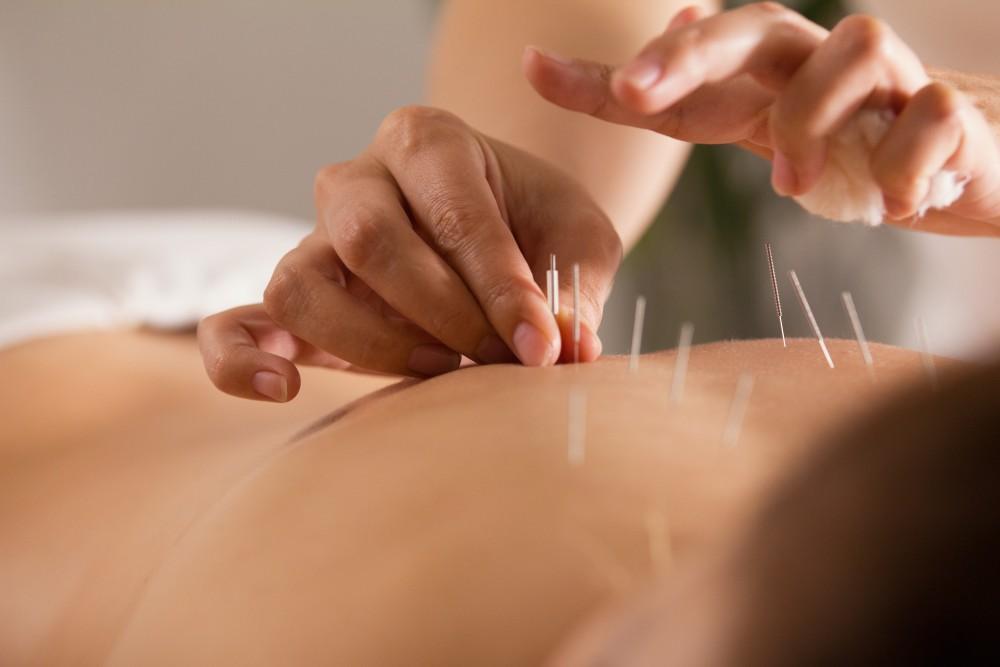
Can Arthritis Be Treated Without Medication?

There are over 100 types of arthritis, with osteoarthritis and rheumatoid arthritis being the most common. That said, any condition that causes damage to joints is called arthritis.
Many forms of the disease are degenerative and incurable. That means treatment with medications can be a problem because most pain relief drugs are best suited for short-term use. Although many are safe when taken as directed, all medications have some side effects.
Dr. Chris Cueto and our team at Herald Square Chiropractic and Sport offer a range of drug-free therapies to help you reduce or eliminate the need for pain medications. We can also recommend lifestyle tips for practicing at home.
Today, we’ll examine in-office and at-home strategies for coping with arthritis without exclusively relying on pain medication.
The prevalence of arthritis
Osteoarthritis is by far the most common form of the disease, affecting about 7% of the worldwide population. It’s a wear-and-tear condition and becomes more common as people age.
This form of arthritis starts when the cartilage that cushions and lubricates joints begins to break down, causing inflammation, pain, and stiffness. While osteoarthritis is progressive, treatment can control its advancement.
Can arthritis be treated without medication?
When arthritis symptoms begin, it’s natural to reach for over-the-counter pain medications. That’s the way these drugs are meant to be used.
However, because arthritis is a chronic condition that accompanies you for life, drug-based treatment becomes a problem. Over time, your body resists the pain-relieving abilities of many medications, requiring larger doses to control symptoms.
That also means an increase in the side effects. In the case of opioid medications, addiction becomes a risk.
Drug-free treatment alternatives can reduce or eliminate dependence on medications.
In-office treatments include:
Chiropractic care
The goal of chiropractic is to bring balance to your musculoskeletal system so your body works at peak efficiency. When you’re in balance, there are fewer demands on your body’s natural healing processes, allowing healing resources to focus on the arthritis.
Massage therapy
Massage therapy improves blood flow — an important part of managing inflammation and pain.
Some of the home-based arthritis management techniques include:
Staying active
Despite the pain and stiffness you experience due to arthritis, your body still craves motion, and it’s one of the best ways to reduce osteoarthritis pain. Moderate or low-impact exercise like walking, swimming, or biking is a great way to build activity into your days. Choose activities and durations that your body tolerates.
Anti-inflammatory diet
Increasing the plant-based portions of your meals is a good way to fight inflammation in your body. Reduce your intake of sugar, highly processed foods, and salt. There are plenty of delicious and healthy options suitable for every palate.
Hot and cold therapy
Warm baths, showers, and heating pads ease stiffness and soothe aching joints. Swelling and pain also respond well to ice packs and cold compresses. Topical capsaicin creams are another option for joint-warming relief.
Managing your weight
Even modest weight loss takes substantial force off load-bearing joints. Shedding pounds is a powerful arthritis pain reliever.
Visit Herald Square Chiropractic and Sport so that we can help you develop the right arthritis management program for you. Book your appointment online or by phone today.
You Might Also Enjoy...


Why Is the Gonstead System Considered the "Gold Standard"?

Why Is Ergonomics Important?

5 Ways to Relieve Your Chronic Joint Pain

What to Do if You're Concerned About Physical Therapy Pain


